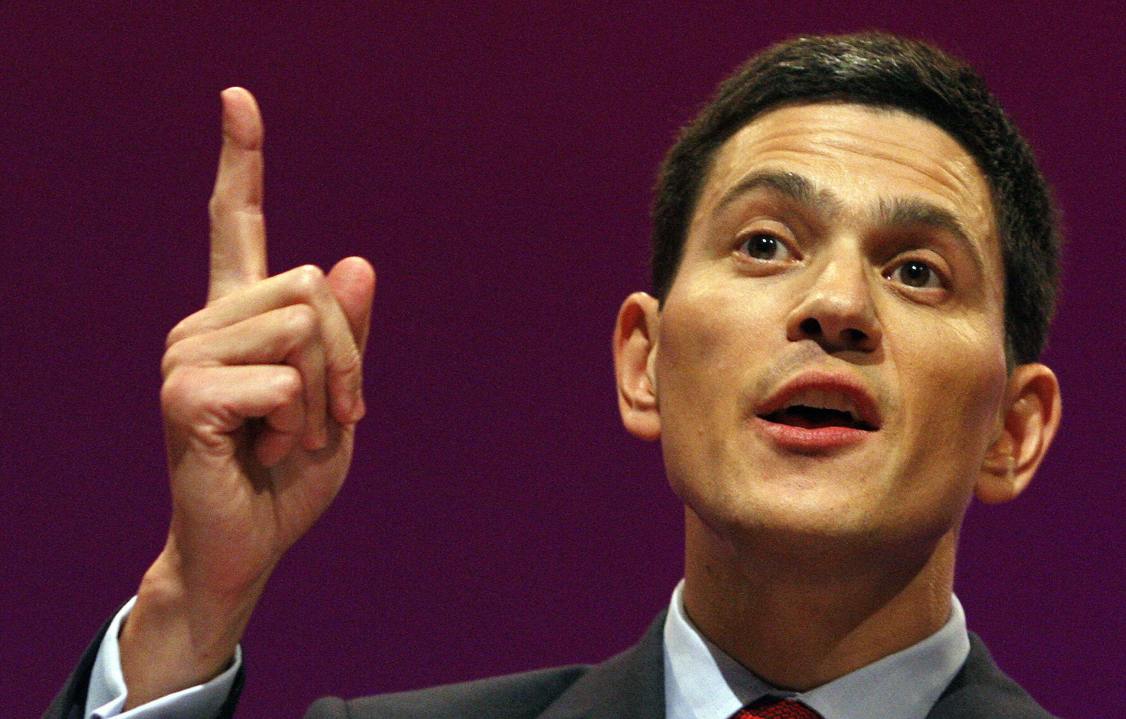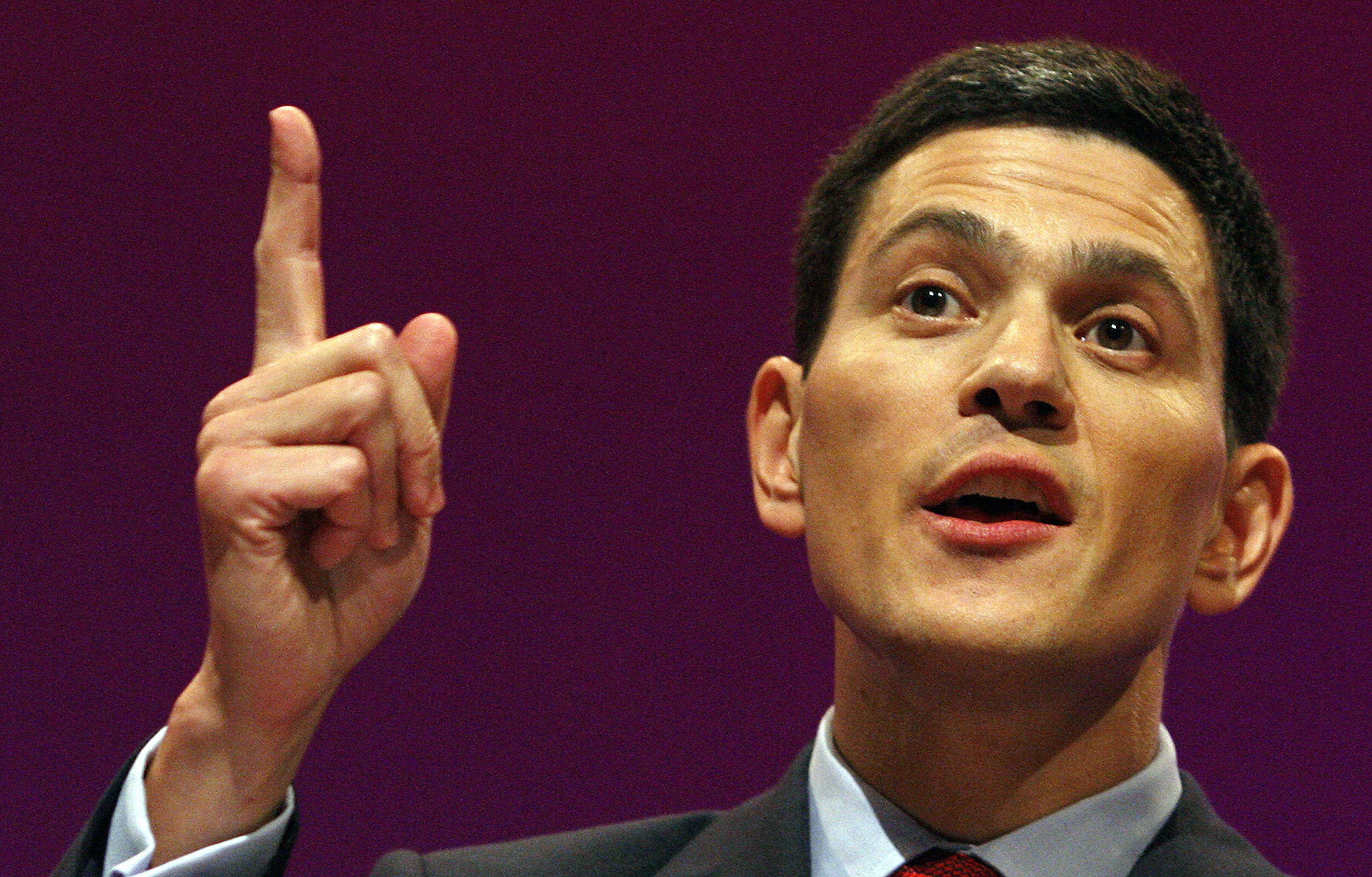 David Miliband’s speech was neither a triumph nor a disaster. It was, as a fellow scribbler put it to me afterwards, a seven out of ten speech. I doubt that many people who weren’t for Miliband before it thought he was the man Labour needs after it. But equally Miliband’s supporters will have been relieved that he didn’t bomb liked he did last year.
David Miliband’s speech was neither a triumph nor a disaster. It was, as a fellow scribbler put it to me afterwards, a seven out of ten speech. I doubt that many people who weren’t for Miliband before it thought he was the man Labour needs after it. But equally Miliband’s supporters will have been relieved that he didn’t bomb liked he did last year.
Miliband confidently walked the leadership speculation tightrope. Early in the speech, he turned to Brown and praised him for his role in increasing international development funding. Praise for the leader but on an issue that everyone knows won’t decide the election. Then, at the end Miliband set out his personal credo—which was fairly bog-standard left-wing verbiage—under the cover of saying that Labour knows what it stands for:
I arrived just as Miliband started to speak, so I was sitting in amongst the delegates. Their reaction to the speech was warm but not ecstatic. They gave him a standing ovation but to my ears it sounded less rousing than the one that Jacqui Smith received on Sunday.“That everyone should have a fair chance and those who succeed should help others. That unless government is on your side you end up on your own. That the fair society is a necessity not a strapline. And that an age of massive change needs leadership from the party of change.”
No discussion of a Miliband speech is complete without a reference to the hand gestures: they still need working on. They tend to emphasise his slightly patronising manner—when he was talking about sharing sovereignty in the EU he looked and sounded like a primary school teacher explaining something to a rather slow class of kids.
One other thing worth noting was Miliband’s use of the word ‘diss.’ It’s an odd word for a politician to use and, as someone pointed out to me afterwards, the last time one did was in that infamous leaked Blair memo. One wonders if someone played a role in drafting both the memo and Miliband’s speech.








Comments